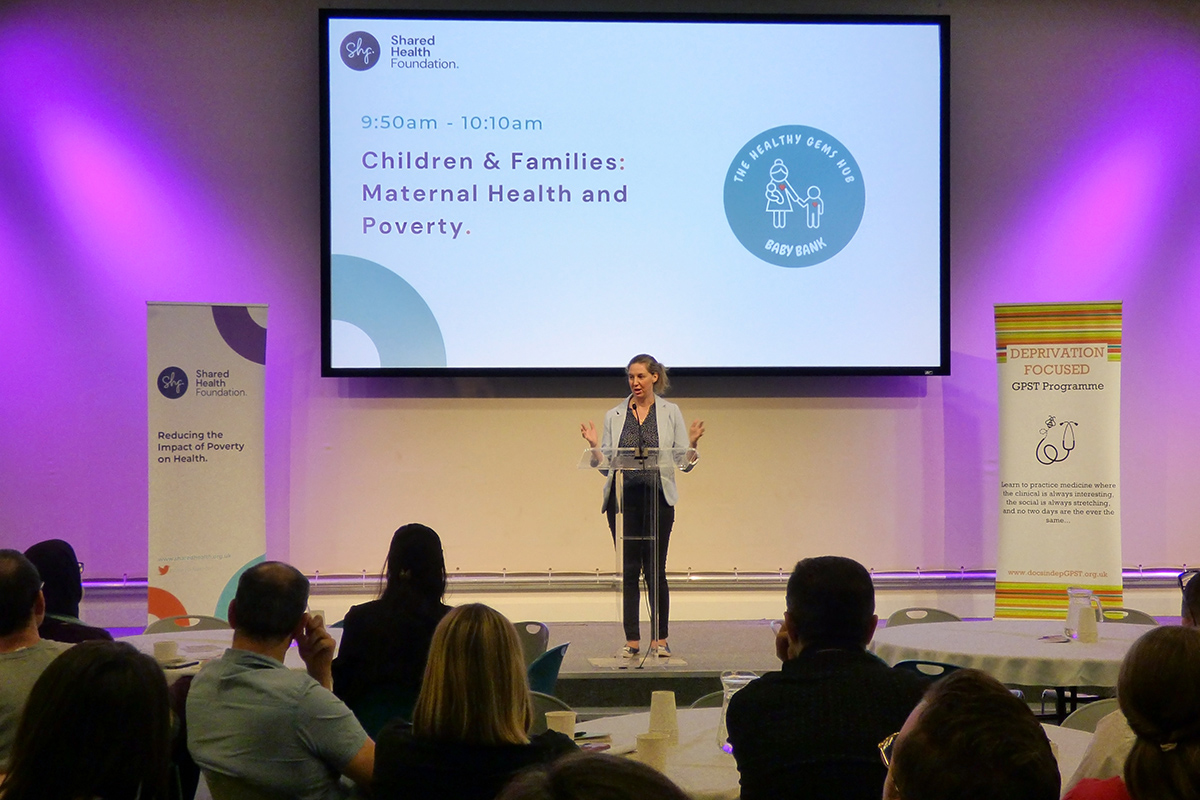Lead by example
A recent case proves why boards must be stringent, objective and and critical in their approach, says Mererid McDaid
Fictitious invoices, ghost employees, using charitable funds to further personal interests - the multi-million pound fraud at Astonbrook Housing Association, which provided housing and support to asylum seekers in the west midlands, Wales and the south west, will have a lasting impact.
The criminal proceedings concluded in September 2012 when chief executive Mohammed Hassan Arwo and support manager Abdillahi Musa Abdi, both trustees, were convicted of conspiracy to defraud and Hamud Yassin, at one stage a trustee, of money laundering offences. The Charity Commission published its inquiry earlier this year, and found serious and systematic mismanagement and misconduct by the trustees.
The Astonbrook case demonstrates it is imperative to have stringent financial controls and management systems to ensure funds are used to meet the needs of tenants. The case also highlighted the importance of clear procedures to manage conflict of interests. Otherwise stakeholders cannot be confident that conflicts will be dealt with objectively and without undue influence.
Boards must also be satisfied they have a good understanding of the pressures and risks facing their organisation. An effective board therefore needs to challenge the executive and their own collective performance, but individuals must also examine their own performance.
Simply put, good governance should not be seen as merely a compliance issue, but as a mechanism to put in place the right checks and balances to be effective, efficient and to deliver tenant-focused services.
Mererid McDaid is a lawyer at Morgan Cole
mererid.mcdaid@morgan-cole.com








